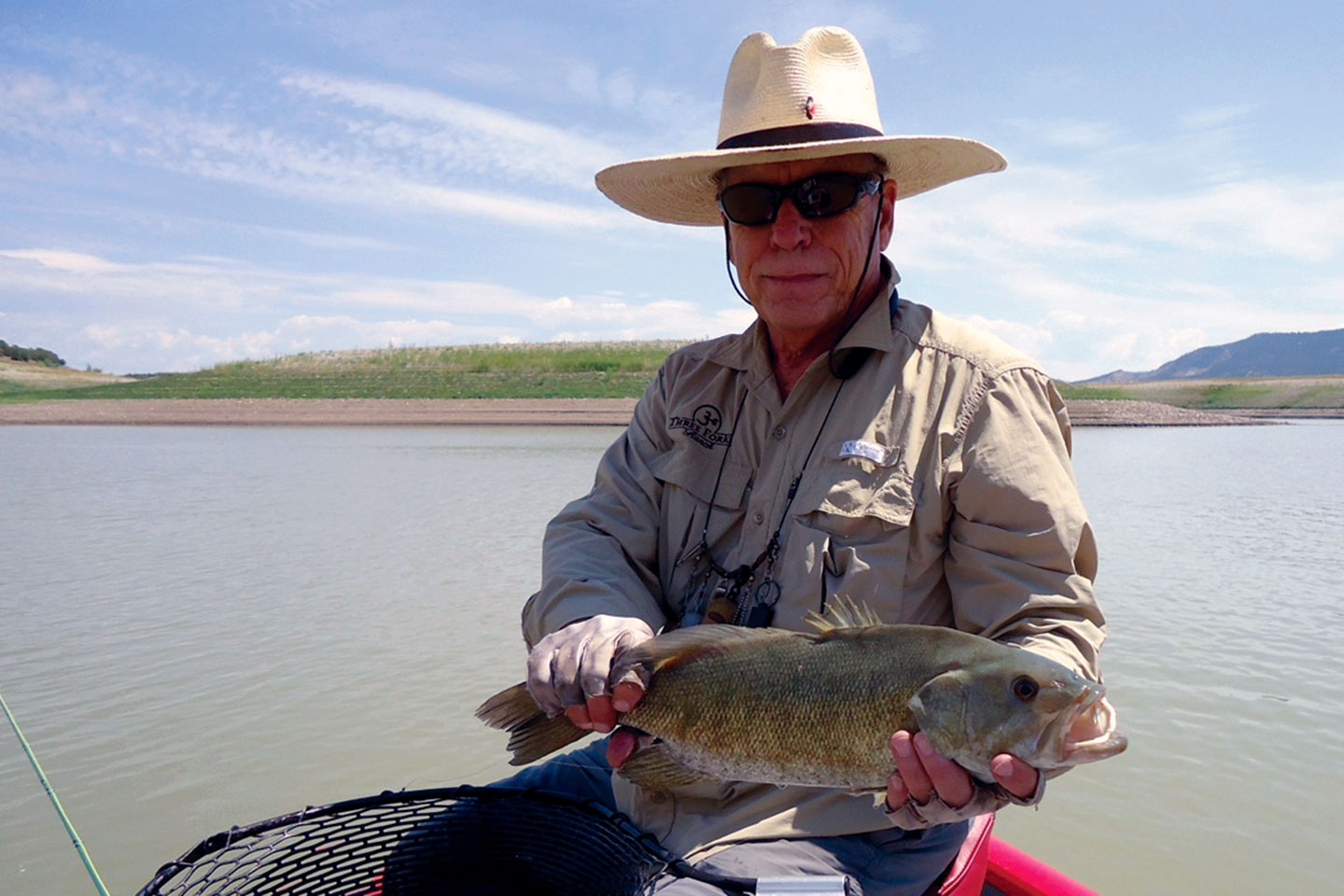If you are familiar with the South you know, from the title, I was in Louisiana. Louisiana, similar to other Gulf Coast states, is known for many things. But I think the gumbo, beer, and redfish, give it a unique identity.
If you don’t know, gumbo is a combination stew and soup with lots of ingredients found in the South. In fact, if you don’t recognize something in the bowl, don’t ask what it is, just eat it. You’ll be glad you did. A good French bread is also a must. It is really good for soaking up all the liquid you can’t get with your spoon. A scoop of white rice also helps to absorb the liquid. Dixie beer is brewed in Louisiana and has a unique, smooth taste, that goes with most anything. Or so I’m told.
Enough of the culinary delight, I was in Louisiana to fly fish. Many Gulf states are home to redfish. Louisiana is home to what is known as bull redfish. While not as numerous as the redfish population in other states, what’s missing in numbers is made up in size. While I didn’t match my record from a previous red fishing trip in Louisiana, 28 pounds, I did catch some big reds.
To fly fish for redfish I recommend a nine-weight rod, with a floating line. If the wind is blowing, which it usually is, an eight-weight is a little light. Some people use a ten-weight, but this old man finds a ten-weight to be really tiring when making numerous casts. However, any of those three rods are capable of landing a big red. For leader an eight foot, non-tapered, twenty-five- or thirty-pound test leader, works great. You can buy leader designed for saltwater; however, I’ve haven’t found any redfish that can tell the difference between salt or freshwater material. For flies, matching the hatch is a non-issue. The flies used are larger than any flying insect I want to see. With large flies come large hooks, so be careful not to hook yourself or guide. For patterns a crab or colorful streamer works great. Redfish are big eaters, and not real particular about the pattern. In fact, I fished for three days, caught large redfish, and never changed flies.
When your guide spots a redfish, then makes sure you see it, put your cast right in front of the fish. Your guide will tell you what type of strip will work best, short, long, or fast. Even if you don’t see the fish, he does, and will have you move your fly in a manner that makes the fish want to eat it. When you feel the strike, strip-set it. If you use an up-and-away trout set, you’ll miss the fish. Once you’ve set the hook, get the hand you reel with out of the way. The redfish is big and will be moving fast. He will take lots of line off your reel in a hurry, and the knob on the reel will wack your hand if it’s in the way. It hurts.
The winter weather along the Louisiana coast can be, cold, windy, rainy, and sunny with blue sky, all in a two-hour timeframe. My advice here is, be prepared. Since you will be in a flats boat, you’ll have room for some type of dry bag. Load the bag with everything you think you’ll never need to put on. I assure you at some time, during a multi-day trip, you’ll put it on. It’s better to have rain gear and warm clothes and not need them, than the other way around.
If going to Louisiana in the winter doesn’t sound like fun, there is great fly fishing in the summer. You’ll find the same great food and lots of redfish. But instead of windy and cold, it will be windy, humid, and hot. Redfish on a fly rod is a trip to have on your bucket list. And, don’t forget to try the gumbo and Dixie beer!

